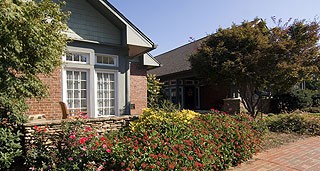Submitted on Thursday March 1st, 2012

Source: SeriousIllness.org
The skin is the body's largest organ and its essential "armor." To maintain good health, skin needs extra attention as we age.
The skin has three layers. Working together, they act as the body's
- shield by preventing bacteria and viruses from getting into the body and keeping body fluids from evaporating out;
- insulation by preserving body temperature through fatty padding, sweat glands, and pores;
- sensor by protecting us from harm through nerve endings that signal when things are too hot, too sharp, etc.
In the normal aging process, skin
- lightens and thins, becoming more fragile, drier, itchy, and subject to tearing;
- loses fat, which increases bruising. The absence of a fatty layer also makes it harder to maintain body temperature and affects absorption of some drugs;
- becomes less sensitive to heat/cold, pressure, and other warning signs of potential injury;
- repairs more slowly and depends more than ever on good nutrition for healing.